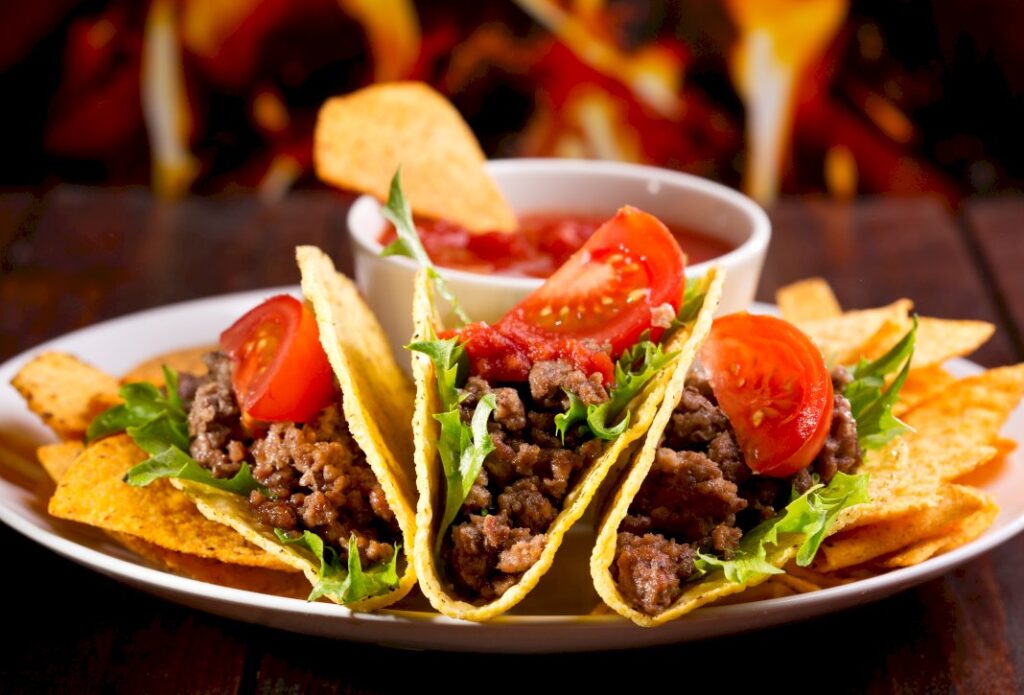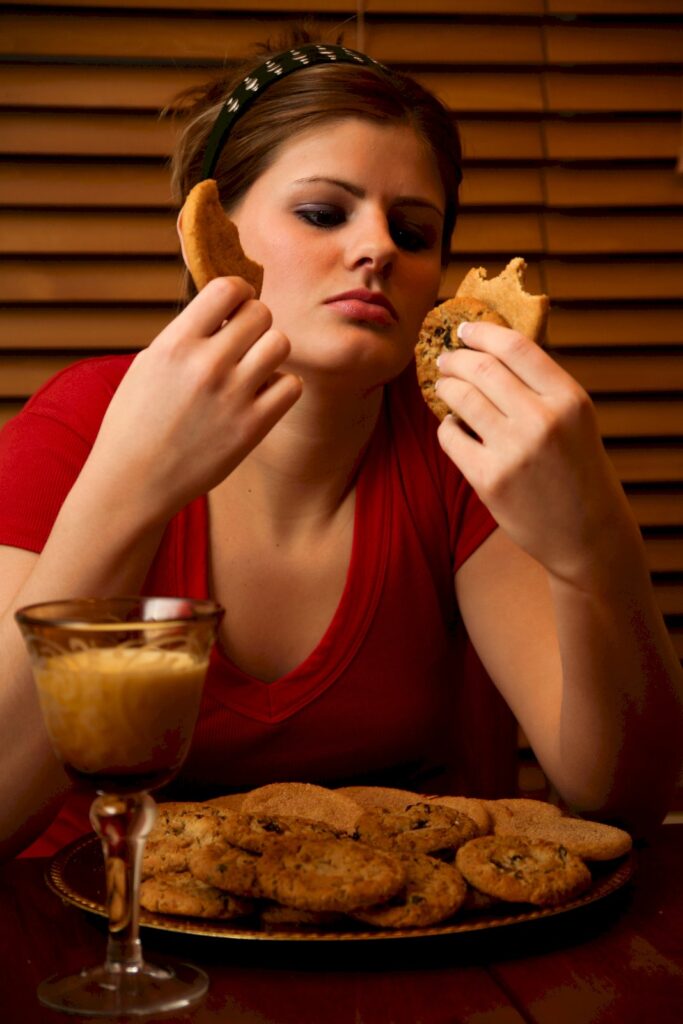The Good, the Bad, and the Ugly of Snacking

⢠Snacking can provide essential nutrients and stave off hunger between meals.
⢠Healthy snacks should be chosen carefully to ensure they are nutrient-rich with minimal added sugars, fats, and sodium.
⢠Eating too many unhealthy snacks can lead to weight gain or chronic diseases.
⢠Timing is essential when it comes to snacking – try to limit it to 1-2 hours before or after meals.
⢠Practice mindful eating and avoid multitasking while eating.
From salty to sweet, snacks have become a staple of people’s day-to-day lives. Americans use it to stave off hunger, and it can even help them at work. But while snacking can be a great way to fuel your body with energy or satisfy a craving, it also has some potential pitfalls. Here’s the good, the bad, and the ugly of snacking and how it can affect your life.
The Good
Healthy snacking is one of the best ways to get the vitamins and minerals you need for optimal health. When incorporated thoughtfully into your diet, fruits, vegetables, nuts, and seeds can provide essential nutrients that help your body function at its peak.
Snacking is also an effective way to stave off hunger between meals. This helps prevent overeating at mealtime and keeps you from getting overly hungry throughout the day.

The Bad
It’s not just what you snack on that matters; when you snack also impacts your health. When snacking becomes excessive or happens too close to mealtimes (within 1-2 hours), it can interfere with digestion by competing with other foods for processing time in the stomach. Eating too many calories between meals can also add up quickly and lead to weight gain if not balanced with physical activity.
The Ugly
If unhealthy snacks become a regular part of your diet (think chips, candy bars, and sugary drinks), they may seem harmless but could have serious repercussions later. These snacks are often high in calories but low in nutritional value, so they won’t do much to fuel your body–just fill it up! They can also lead to weight gain over time and contribute to chronic diseases like diabetes or heart disease if consumed regularly over long periods.
Tips When it Comes to Snacking
Snacks are an essential part of our diets but should be chosen carefully for what they are composed of and when they are eaten throughout the day. Here are some tips that can help you snack healthily and even add some valuable nutrition to your diet:
Healthy Snacks
As stated earlier, healthy snacking involves choosing nutrient-rich snacks with minimal added sugars, fats, and sodium. Whole fruits, vegetables, nuts, seeds, butter, and yogurt are good options. If you want chips, buy healthy chip snacks with the right ingredients and nutritional value. This will ensure that you can munch on them without feeling guilty!

Timing and Portions
Avoid snacking for 1-2 hours before or after meals when possible. This will help you avoid feeling overly full. Ensure also that your snack is helping you feel energized rather than just filling up on empty calories.
Moreover, it’s too easy to get carried away when snacking – especially if there are many tasty options around you. To prevent overeating, it is essential to be mindful of your portions and not go overboard with the amount you eat. Remember, snacks should be just enough to give you a boost in energy or satisfy a craving – not replace a full meal.
Practice Mindful Eating
One way to ensure you are eating mindfully is to be aware of what you’re consuming. For example, ask yourself questions like, “are you really hungry?” or “what are you craving?”. This can help prevent mindless snacking and ensure that your snacks are purposeful and satisfying for your body and taste buds.
Avoid Doing Other Activities When Snacking
Avoid multitasking while eating, as this can lead to mindless munching. Eating while watching TV or scrolling through your phone is a recipe for disaster and will likely lead to overeating. Instead, please focus on the food you are eating and enjoy it!
Ask Your Nutritionist
Still not sure about how to snack healthily? Consider speaking with a nutritionist who can help provide personalized advice and guidance on the best ways to incorporate healthy snacks into your diet. They can also provide tips on choosing the right snacks for you and help you create an overall balanced diet.
Snacking can be an essential part of your diet and even provide valuable nutrition. By following these tips, you can ensure that snacking is helping you stay energized and healthy rather than contributing to weight gain or other health issues. So, go ahead – snack away!
For more valuable information visit this website.






